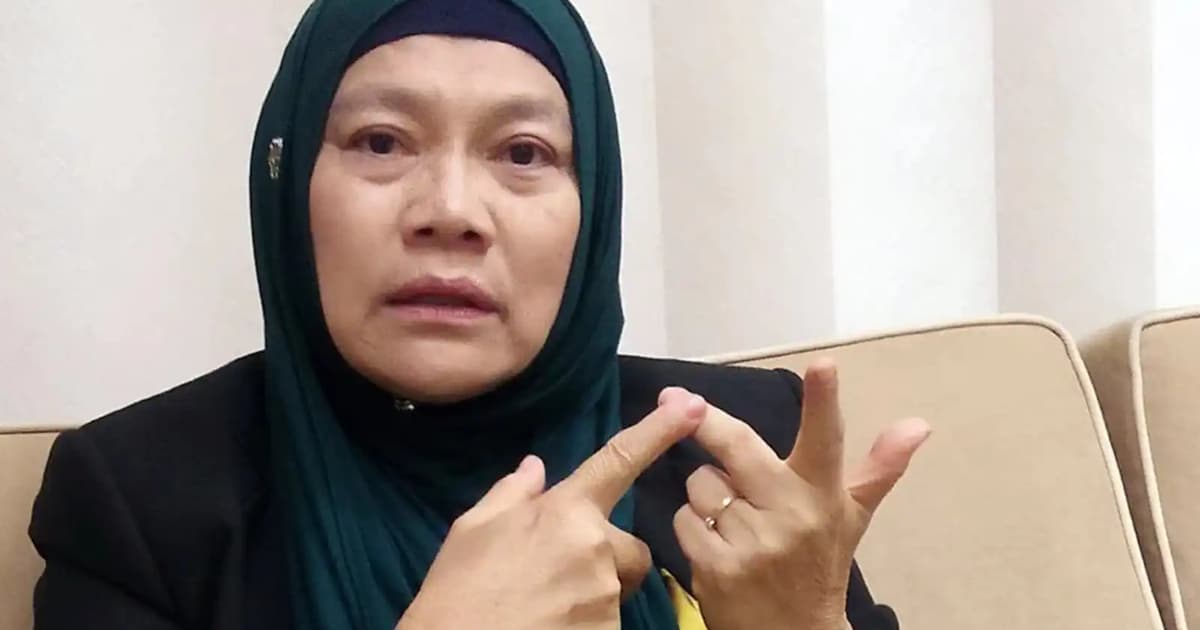
When Malaysia Athletics (MA) announced in July that its greats were returning to help revive the sport, the star attraction was Zaiton Othman.
The heptathlon queen of the 1980s was named to chair the new coaching and development board — a move billed as a turning point for an association in search of credibility.
Two months on, that promise has unravelled. Zaiton never accepted the role.
She told then-general manager Nurhayati Karim in July that she could not take it up for health reasons, and she never signed the acceptance letter.
Yet MA went ahead and announced her as chairman anyway.
This was no simple communication slip. It reflects a style of leadership that appears to value announcements over execution.
Legends are highlighted, names invoked, but the follow-through has yet to materialise.
Zaiton was measured in her words, pointing to her health and reminding that she has “done enough for the sport as an athlete and as a national juniors coach.”
But her other remark — “you have to have the right team to enjoy working and achieve job satisfaction” — deserves attention.
It was the line of a professional who knows what a healthy sporting environment requires, and who knows when it is lacking.
MA in turmoil
Her withdrawal comes as MA grapples with a series of controversies since Karim Ibrahim’s return to the presidency in June.
His daughter, Nurhayati, was swiftly appointed secretary-general. His predecessor, Shahidan Kassim, was named “honorary lifetime president” even though the post does not exist in MA’s constitution.
Meanwhile, nine athletes who were named national sportsman or sportswoman of the year between 1966 and 1982 are still waiting for their RM5,000 prizes.
So far, MA has offered only vague promises of a task force — one that has yet to materialise.
The troubles did not end there. Last week, MA sent two state secretaries to the World Athletics Championships in Tokyo.
One acted as team manager for Malaysia’s sole representative, 400m runner Umar Osman, while the other attended the world congress. Umar’s coach, Simon Lau, stayed home.
The absence of top officials, including the president himself, left many within athletics circles questioning MA’s priorities.
Each episode has chipped away at MA’s credibility. Against such a backdrop, Zaiton’s refusal is more than a personal decision. It is a verdict on MA’s culture and direction.
Poor baton pass
Athletics is a sport defined by clean handovers — in relays, in careers, in the passing of knowledge from one generation to the next. A bad exchange, and the race is lost.
By celebrating Zaiton’s “return” without her consent, MA stumbled at the first handover.
The episode lays bare an organisation more interested in optics than in building trust with its own icons.
And if the brightest name in its revival plan walks away, what does that say about the federation’s future?
Zaiton does not owe Malaysian athletics anything more. She has already given her sweat as an athlete and her time as a coach.
Her record still stands as testimony. She won three SEA Games heptathlon golds, collected five medals in a single Games, and was named national sportswoman of the year in 1982.
She was Penang’s sportswoman four times, and after her competition days she kept serving — including a historic stint as Malaysia’s first female sports commissioner.
The real question is not why she stepped aside, but why the system cannot hold on to its own legends.
Until MA can assemble the “right team” she spoke of — one built on trust, respect and transparency — no star, however loyal, can rescue it.
The problem is not Zaiton. The problem lies within MA’s own structure and culture.
The views expressed are those of the writer and do not necessarily reflect those of FMT.






